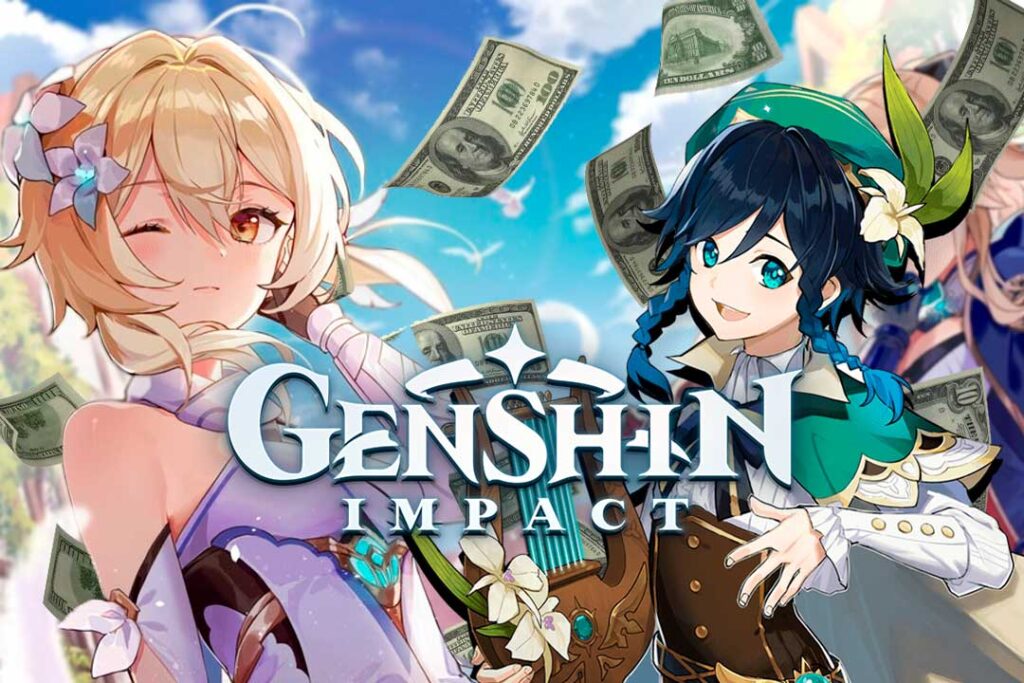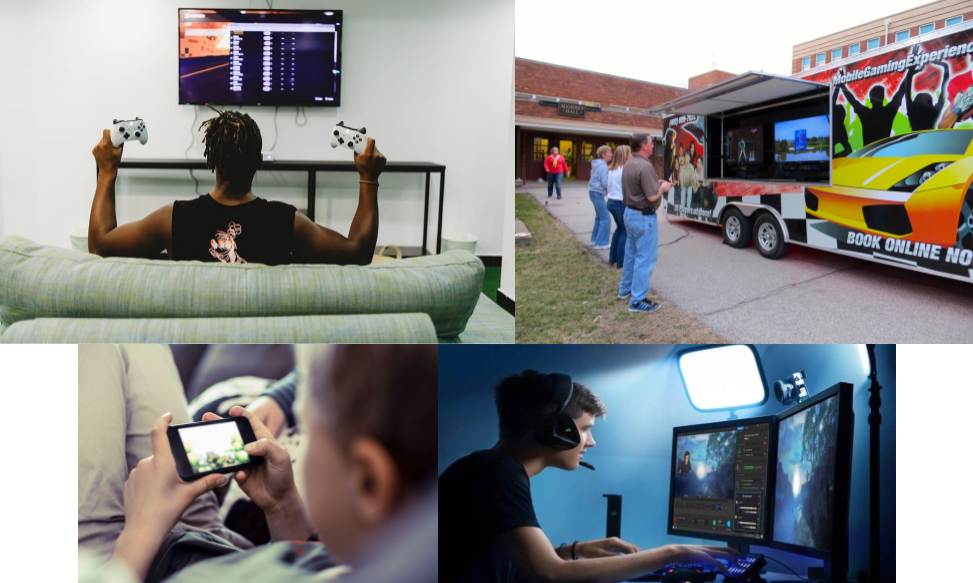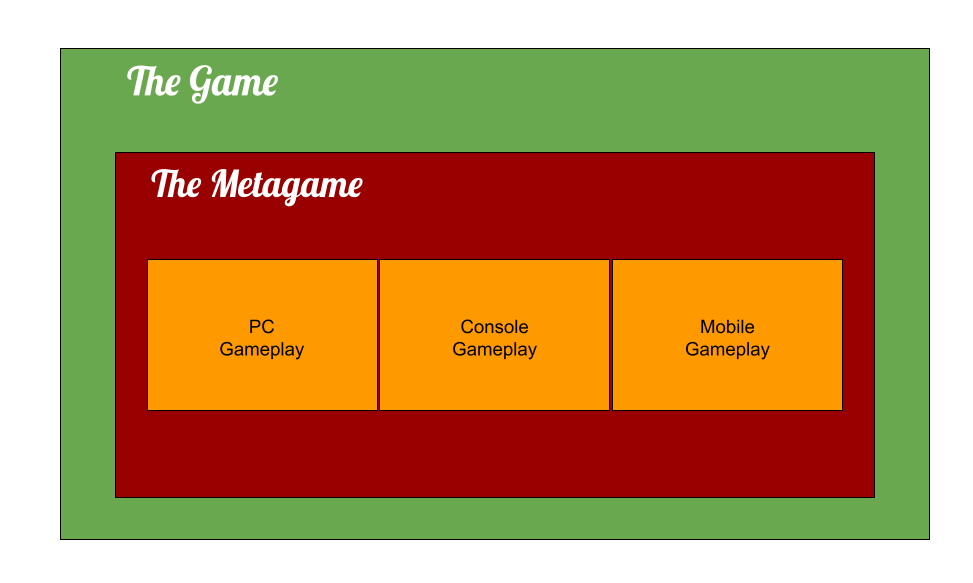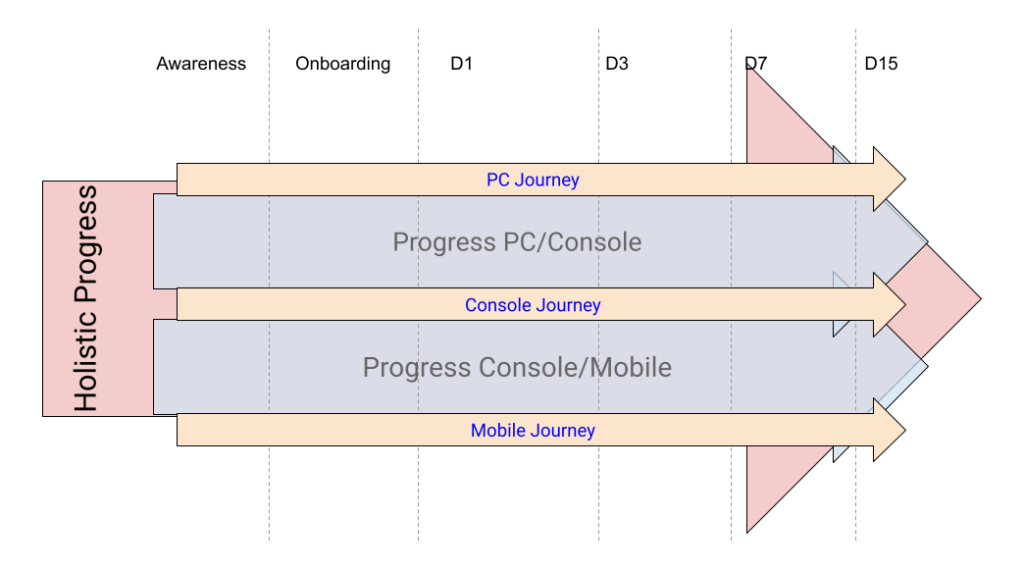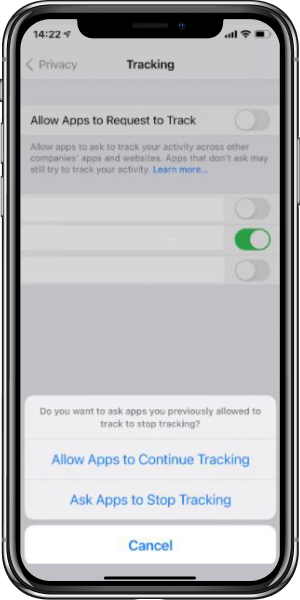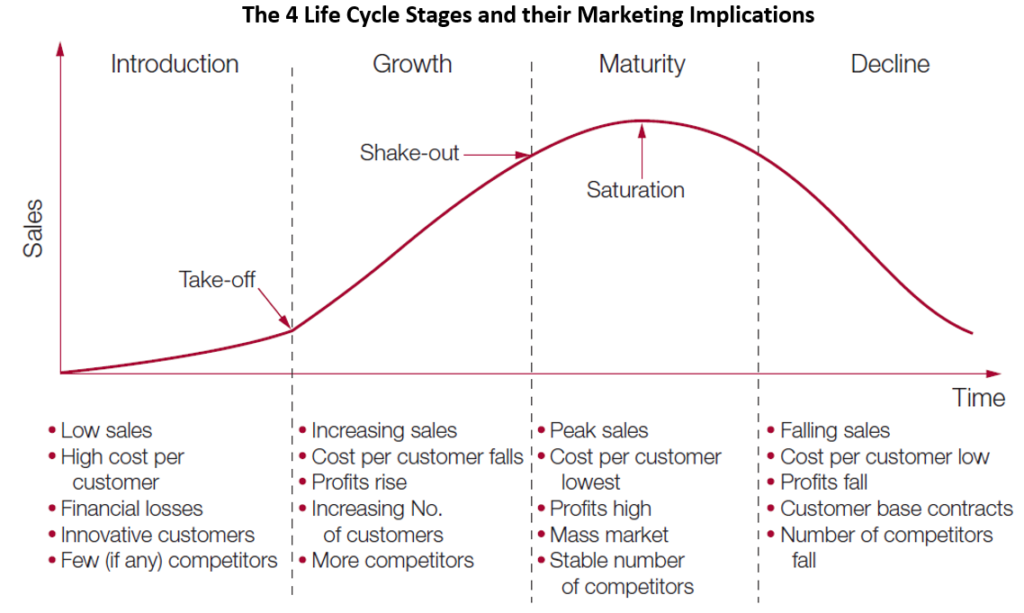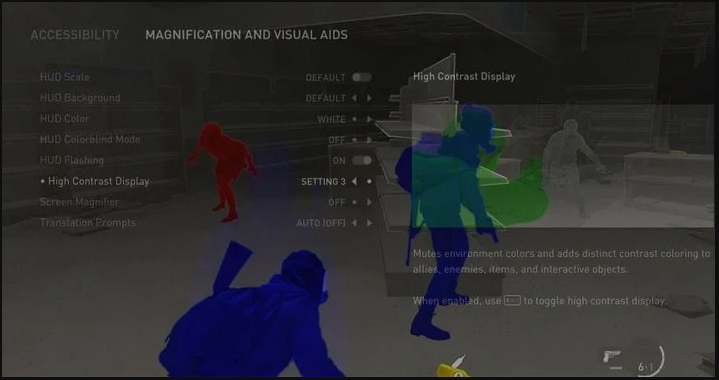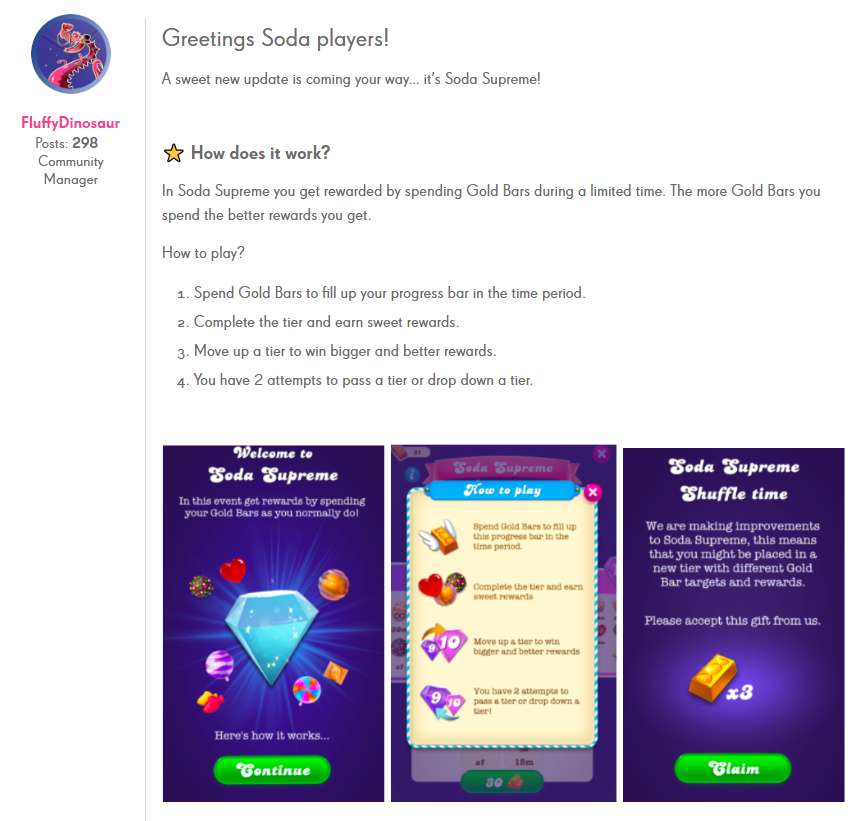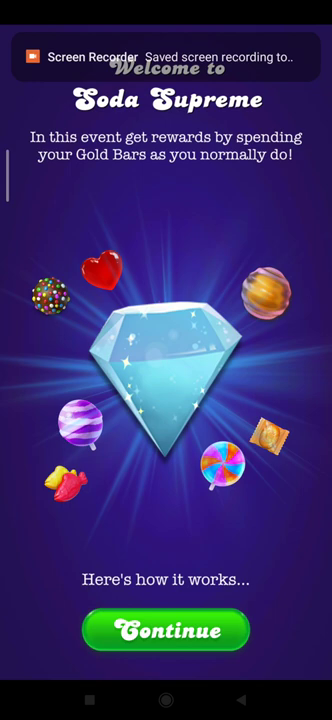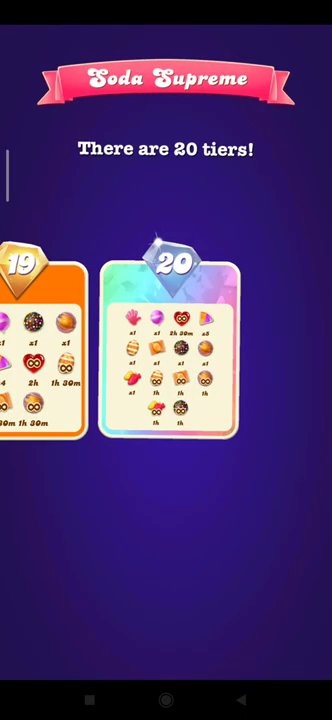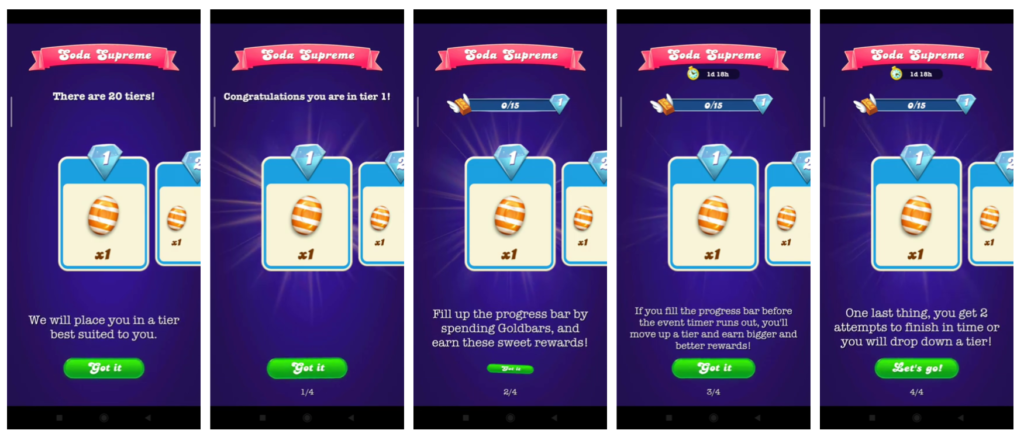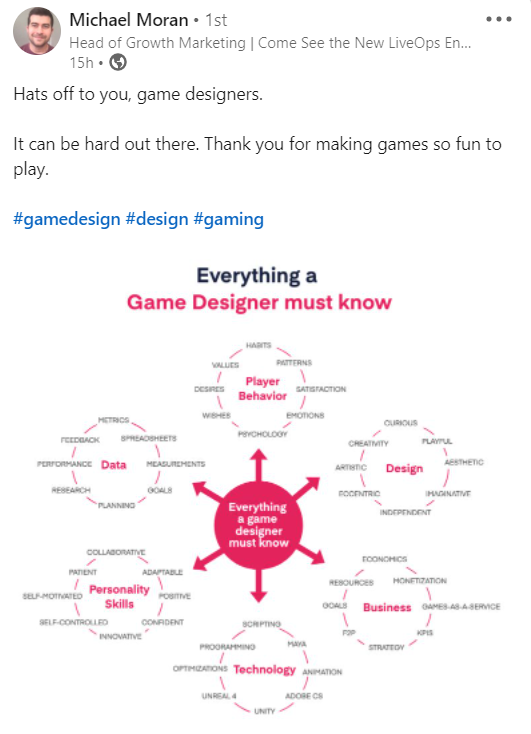The service games of the future will understand the type of Player and offer a personalized experience to everyone.
A few weeks ago I watched an online conference organized by Deconstructor of Fun, the best known medium of news and opinions on the games business.
There were a lot of interesting interventions, one person made some prediction: Eric Seufert, a digital marketing and freemium expert.
Eric proposed true innovations, he called them megatrends. This post works on the first megatrend which you can watch here:
Ad Networks are no longer able to deliver exactly the audience you are looking for. It must be the game itself that identifies the type of person playing. Depending on the subject, the games of the future will have to offer the experience that that specific person is looking for.
Building on the idea
I have been thinking how it would be possible to accomplish something like this. Acquisition campaigns will focus in bringing in a very broad audicence. I believe that games will need a casual backbone:

A simple mechanic (easy to learn, hard to master) will be at the base of the casual backbone. The mechanic will evolve over the course of the days with new obstacles and features.
How to understand if your player wants more? Offers! We will design offers and try to understand if the player is looking for something more. In which case a midcore layer activates:
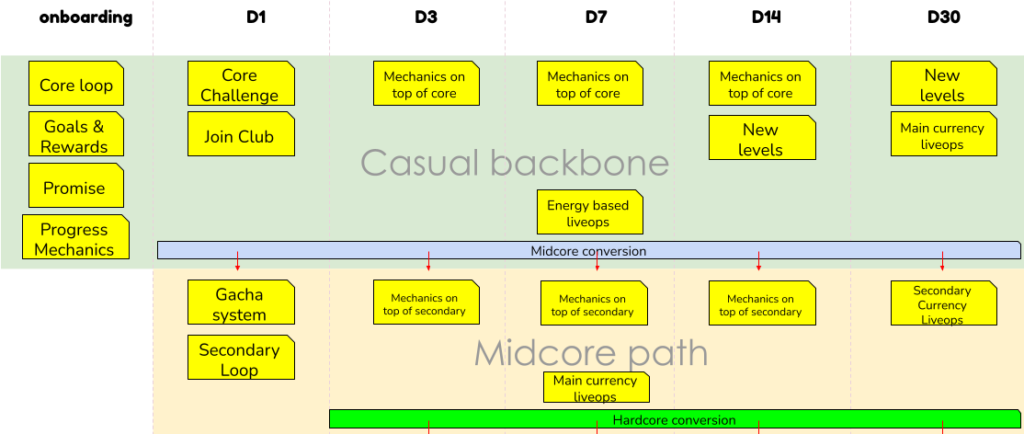
The midcore layer is an evolution, but Players should not have to use a spreadsheet to understand how it works!
This layer will add a secondary loop with a more complex progress and monetization system. During this stage, the game can propose to the Players a subscription or an offer that activates the hardcore path.
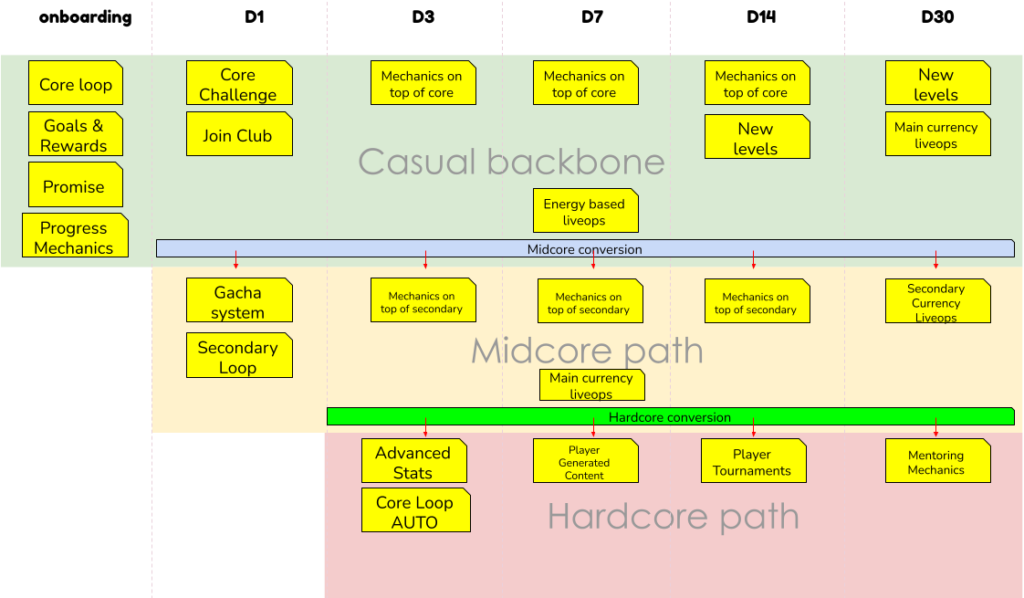
This is where players who want a more complicated experience come in. At this stage it will probably be possible to put the core mechanics in automatic mode.
Conclusion
The people who pay even a little bit are the ones who understand your game and really appreciate it. They will stay and play over time, for sure. It’s brilliant to imagine a future with games that are able to adapt to the type of audience.
Games like Archero are very close to this concept. Their iterations led them to results similar to those described in this article.
Designing a game of this type requires large investments and a team that really understands how game as a services works. How to get meaningful information from data and work on a vision according to what Players really want.
- The casual backbone is pretty straightforward, centered in a single mechanic. A Player should find always content with new interesting mechanics and things to do in short sessions (<15m)
- The midcore path offers a new layer of deepness only to people who are willing to dedicate more time per session (15-30m)
- And then the hardcore path requires a higher cognitive effort and larger session times (>45m)
